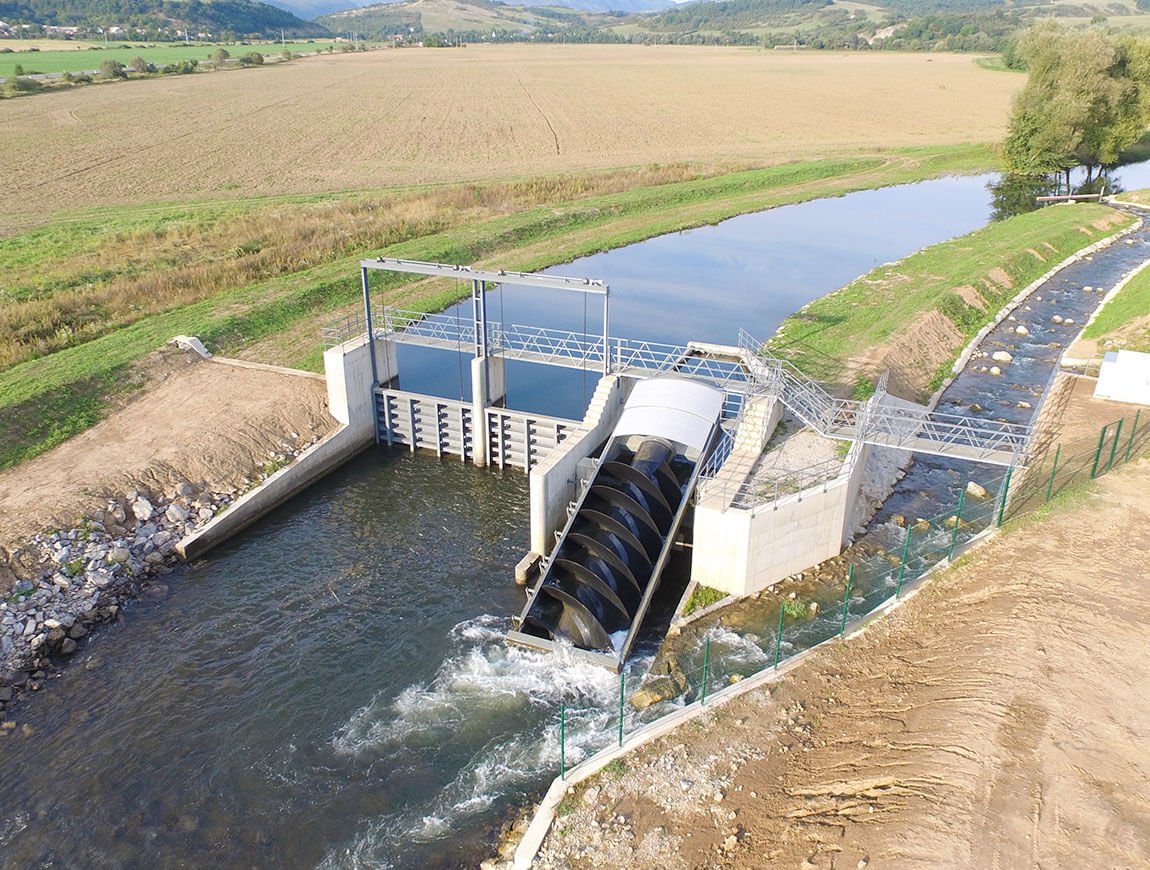Small hydropower refers to the generation of electricity using the energy of flowing or falling water on a smaller scale compared to large-scale hydropower projects. It involves the construction of dams or weirs to harness the power of rivers and streams to produce clean and sustainable energy.
For More Information, Access PDF here: https://www.transparencymarketresearch.com/sample/sample.php?flag=S&rep_id=7730
Small hydropower systems typically have a capacity of up to 10 megawatts (MW) and can be classified into two types: run-of-river and storage systems. Run-of-river systems use the natural flow of water to generate electricity without the need for large reservoirs, while storage systems store water in reservoirs and release it as needed to generate power.
Small hydropower offers several advantages. First, it is a renewable energy source that produces electricity without emitting greenhouse gases or other harmful pollutants, making it environmentally friendly. Second, it provides a reliable and continuous source of power as water flows are relatively predictable and consistent. Additionally, small hydropower projects can be developed on a decentralized basis, closer to the point of energy consumption, reducing transmission losses and improving energy efficiency.

